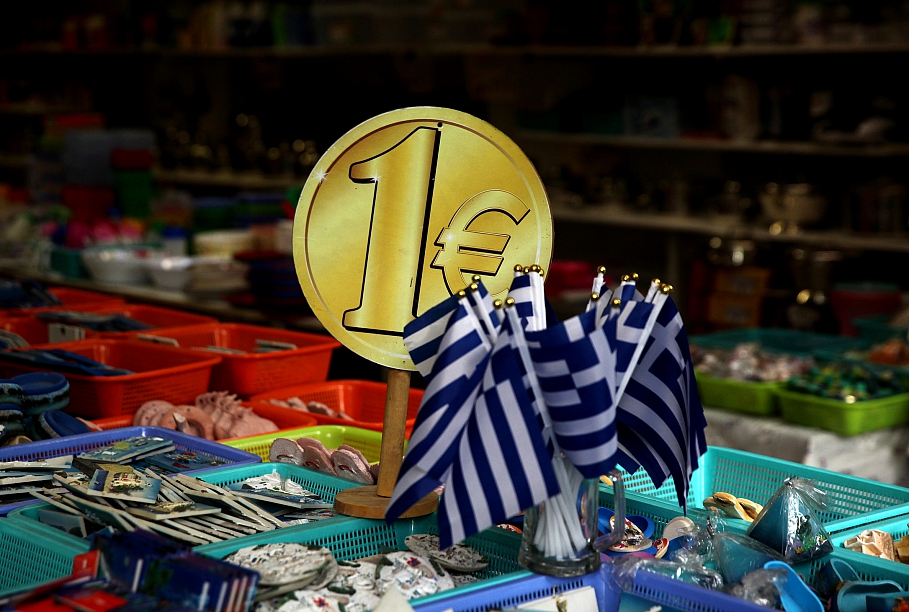Lawmakers from the ruling nationalist National Alliance and the pro-Russia Harmony faction did not participate in the first vote on Latvia's position on the international assistance program for Greece.
After that, a repeated vote was held in which all six coalition members of the parliament committee voted for the amended version of Latvia's position, but the non-participation of four MPs of the Harmony faction rendered the ballot invalid because of a lack of quorum.
Julija Steponenko, an MP of the Harmony faction, complained that she had not received the "file with Latvia's position to her email". Lolita Cigane, chairwoman of the parliament European affairs committee, responded by saying that the file had been sent out on Thursday night.
Latvia is going to take a conservative position on the new loan to Greece. Latvia's position in talks on the new financial assistance program for Greece is similar to that of Germany, Austria, the Netherlands and Finland, as well as Estonia and Lithuania.
Representatives of the Latvian Finance Ministry on Friday told the lawmakers about the measures Greece is expected to take to stabilize its situation and the decisions that have to be taken to close Greece's macroeconomic adjustment program.
Nils Sakss, director of the ministry's fiscal policy department, indicated that the main purpose of the bailout program is to help Greece return to financial markets and to ensure the sustainability of Greece's government debt.
A number of MPs voiced doubts about Greece's ability to stabilize its economy, ensure economic growth and comply with the requirements of the assistance program.
Latvia's position includes two conditions on which it would be ready to approve the bailout deal for Greece.
The first condition is that the Greek parliament has to approve the bailout deal on conditions outlined in a memorandum of understanding with the European Commission, International Monetary Fund (IMF) and the European Central Bank (ECB). Greek lawmakers approved these conditions on Friday.
Latvia's position also includes the so called 'red line' regarding any initiatives under which Greece's debts could be written off. Latvia would not agree to any arrangements that would mean losses to its own budget.
Latvian Prime Minister Laimdota Straujuma on Thursday urged caution towards the Greek bailout deal, saying that it would be completely unacceptable to spend even a cent of Latvian taxpayers' money on Greek debt.
The eurozone's finance ministers (Eurogroup) are due to convene for an extraordinary meeting on Friday to decide on the third financial assistance program for Greece.
The final agreement between Greece and its creditors - the EU, the ECB and the IMF - has to be reached by August 20 when Greece is due to repay 3.4 billion euros to the ECB.






























